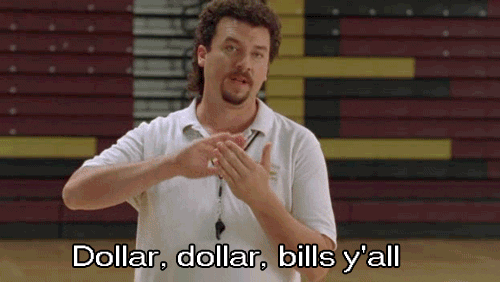Here is a sentence that was almost too horrifying to write: As someone who has worked at an elementary school over the past year, I’ve thought a lot about what I would do during a shooting.
About a month after I started work as an after school teacher in Portland, nine people were killed in a shooting at Umpqua Community College, about 175 miles south of Portland.
As part of my training, I received instructions on what to do in the case of a school shooting. I wrote those instructions down on the back of a piece of scrap paper—a coloring page with cheerful polar bears asking basic addition problems.
Note all the exits, and know all the escape routes.
If you hear gunshots, stay calm. Try to determine how near or far they are.
Keep the students calm.
Tell them to leave belongings behind.
Try to get everyone out of the windows if you’re on the first floor.
If shots sound far away, line students up in pairs of two and quickly and quietly get to the nearest exit.
If you can’t find an escape route, make sure the door is locked and block it off with a bookshelf or desk.
Call the police.
Cover the windows that lead to the hallway.
Get everyone on the floor behind something heavy, out of view.
Keep the students quiet and try to reassure them.
The idea that any of these instructions would work in a situation where you only have minutes or seconds to think and act, let alone keep 25 elementary school students calm in the midst of gunshots, is absurd. Still, I clung to these instructions. I read countless articles from military and law enforcement professionals on the best way to survive a shooting. I read about the psychology of mass shooters and watched interviews with heroes—clearly too traumatized to appreciate the honor of that hero title—who had made it out alive and saved others.
I played out scenarios in my head while students were quietly coloring. There’s a pair of adult scissors in the teacher’s desk. There’s vinegar cleaner in the cabinet under the sink. Get the kids behind the bookshelf in the back corner. Barricade the door. Use the cleaner as Mace if the shooter gets in. Stab the shooter in the neck with the scissors. I knew there was no way I would ever be able to pull this off, but the idea that I would be helpless to protect the children in my charge was too much to handle.
When I arrived to volunteer at the Philadelphia Trans Health Conference on Thursday, I noted the security guards by the door, made a lap around the building to find all the exits and mapped the locations of the fire extinguishers (useful as a distraction or a heavy object). Because of the increased visibility of transgender people and the hate crimes, hate speech, and discriminatory laws that have followed, the possibility of a shooting at the conference seemed more likely than ever.
But there wasn’t a shooting at the conference. There were thousands of people who felt at home, surrounded by biological and chosen families, who shared ideas and proposed solutions to the many crises trans people face outside the conference center. For many conference participants, it may have been one of the safest spaces in their lives. But I wonder if they also felt the nagging worry I felt—that ever-present what if.
On Saturday, I participated in my first Dyke March in a new city where I knew no one. Queer women and people of various genders who were strangers at the beginning of the march felt like family by the end. We had taken to the streets together, without a permit, and shouted for an hour in 90-degree heat: "Dykes united will never be divided!"
While singing a round of "When the Dykes Go Marching In" I looked around at all these incredible queer women, and I looked past them to people watching from the sidewalk—some cheering us on, some making the sign of the cross, some with mouths agape in disgust—and had two thoughts. The first thought was that I was surrounded by angels—no, not angels. Saints, just like the song suggested. Modern day Joan of Arcs ready to fight and die for a noble cause. The second thought was I hope we don’t get shot.
I imagined us falling to the ground, covering our heads. I imagined us scattering into the safety of side streets, screaming. I imagined us standing, arm in arm, singing as we were picked off. Nothing I imagined happened. We finished the march. We danced. I went home to walk my dog and nurse a sunburn, full of an incredible sense of belonging and joy.
This morning I woke up to the news of the shooting at Pulse, a gay nightclub in Orlando now known as the site of the deadliest mass shooting in U.S. history. As I am writing, 50 people have been confirmed dead and 53 people have been injured. And all those careful notes I took about what to do in the case of a shooting mean nothing.
It didn’t matter where the exits were. It didn’t matter what heavy objects were nearby. It didn’t matter if people charged or hid or ran. It never matters. I told myself I would fight if I were ever a target of a mass shooting, but in the moment of a mass shooting, the fight is over and we’ve already lost.
My mom sends me a text: "I love you so much."
I think about the texts Eddie Justice sent his mother as the shooting began: "Mommy I love you."
I sob for several minutes, splash my face with water, and call my mom. "It’s so good to hear your voice," she says. I think about the parents of 50 or more people who will never hear their child’s voice again.
We talk about the shooting. We are both some mix of angry and sad that just ends up equaling confused. "There needs to be better gun control," she says.
I agree with her. But I also think about the shooting at Emanuel African Methodist Episcopal Church and the shooting at the Colorado Springs Planned Parenthood. I think about the 1973 arson at the gay bar UpStairs Lounge, where 32 people died—the deadliest attack against LGBT people in United States history until today. I tell her I don’t think gun control is enough. I can’t articulate it on the phone, but I know that there is a deep hatred of marginalized people that also needs to be fixed before we can ever feel safe.
"What can I do?" she asks. "I feel like I need to do something."
"I don’t know," I say. Right now, the only thing I know how to do is mourn.
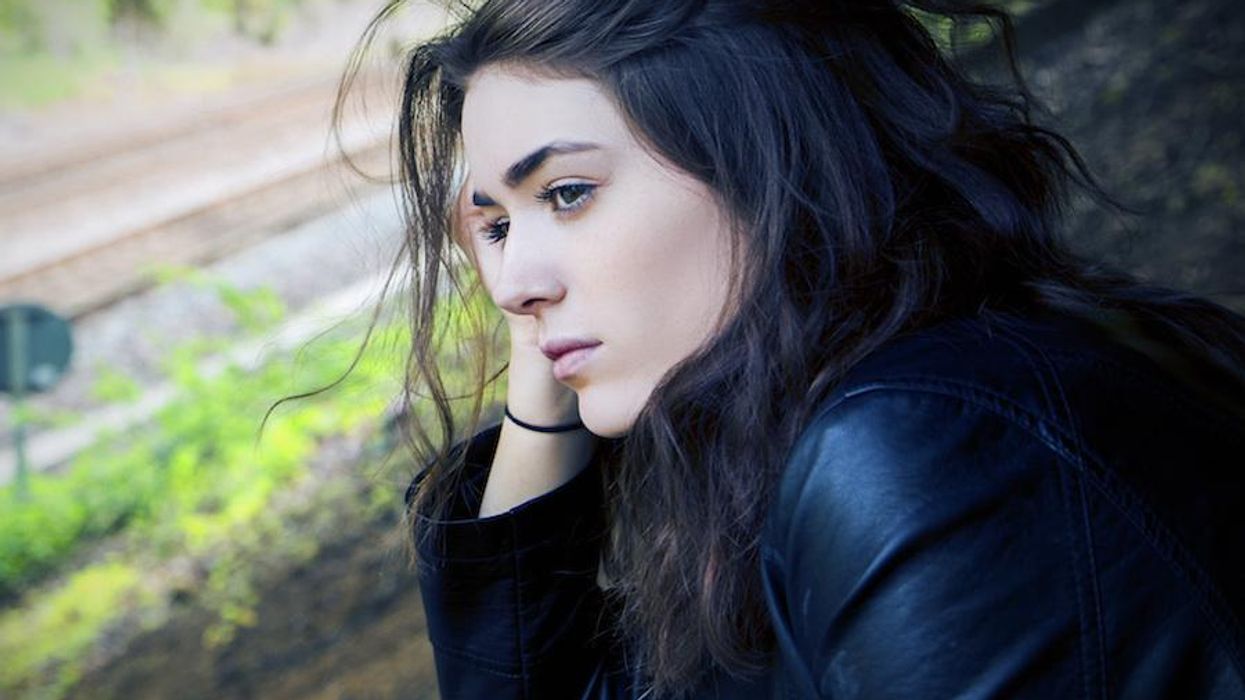

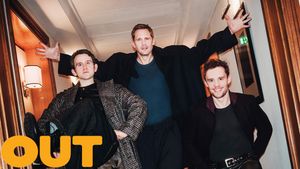

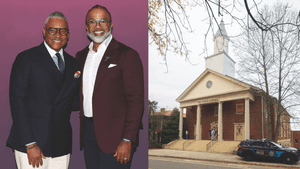



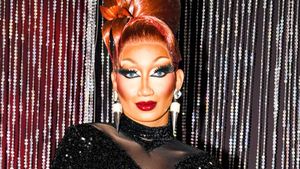




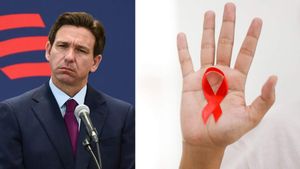
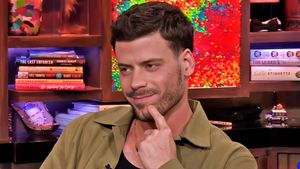




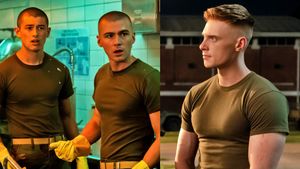


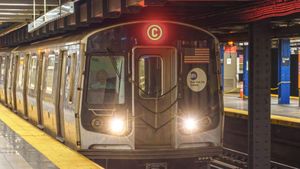







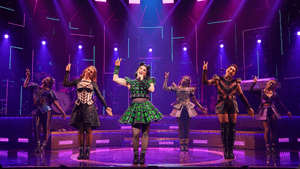









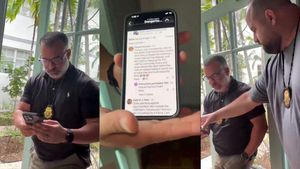


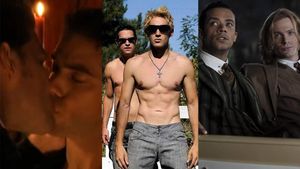
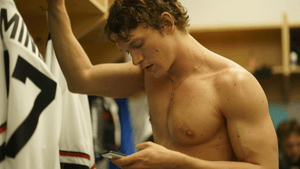

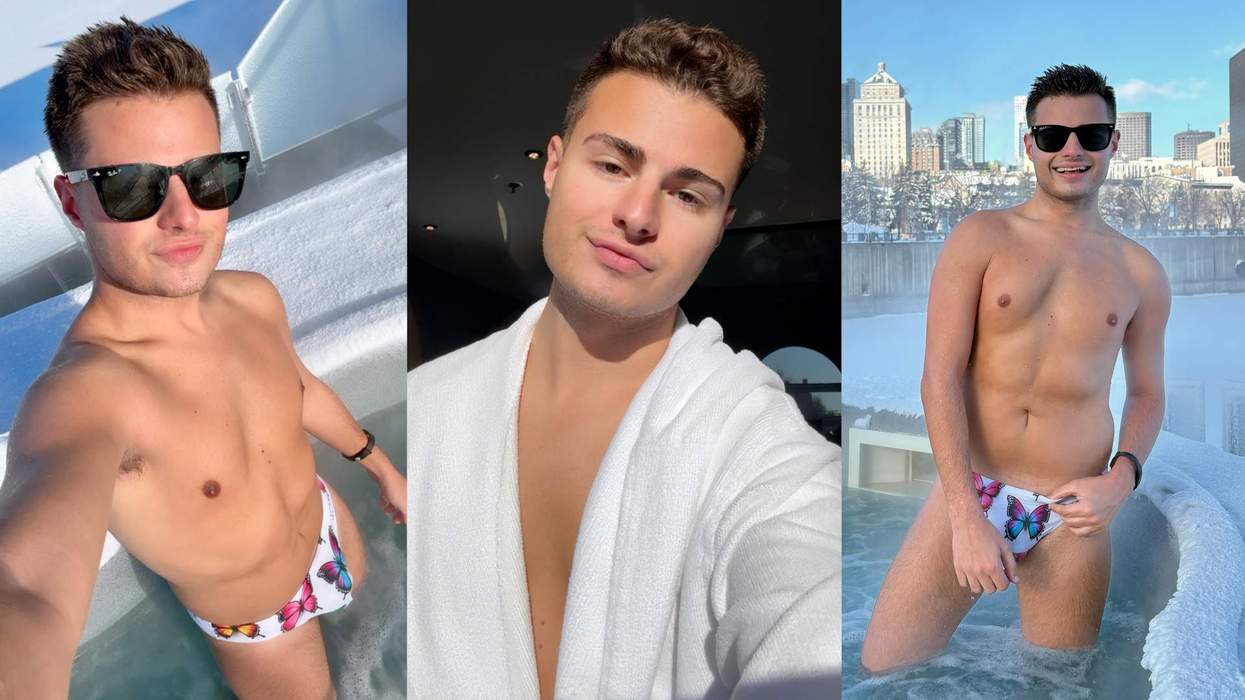

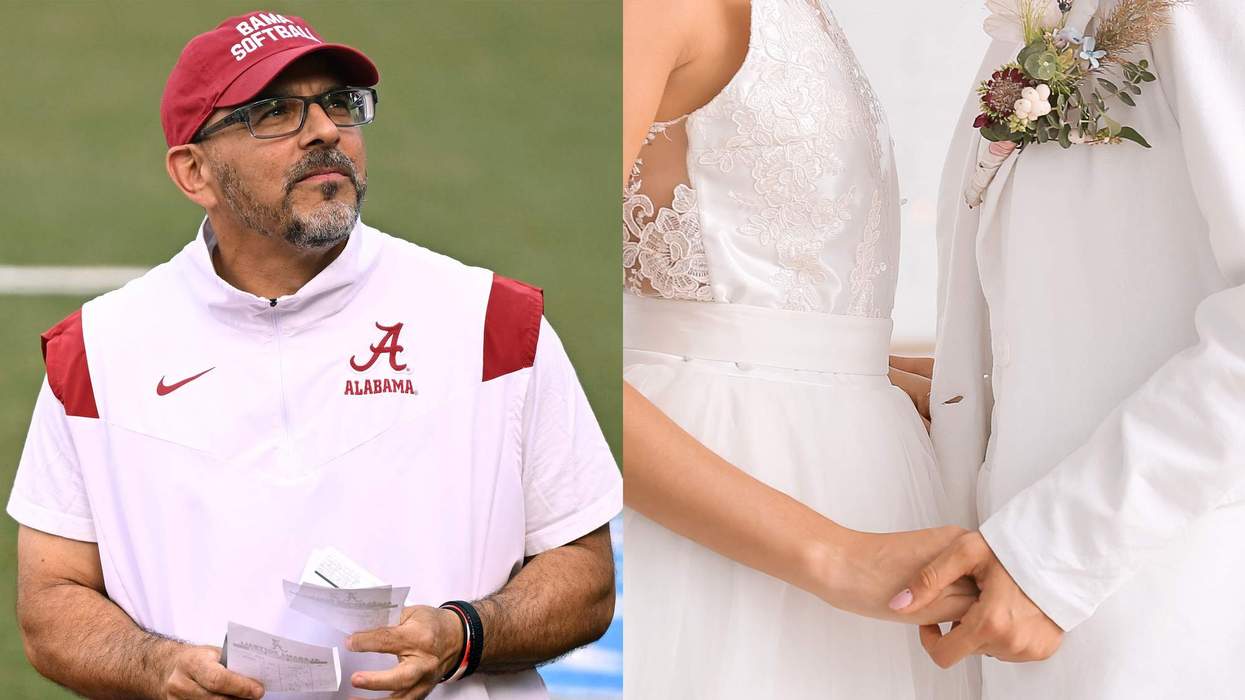
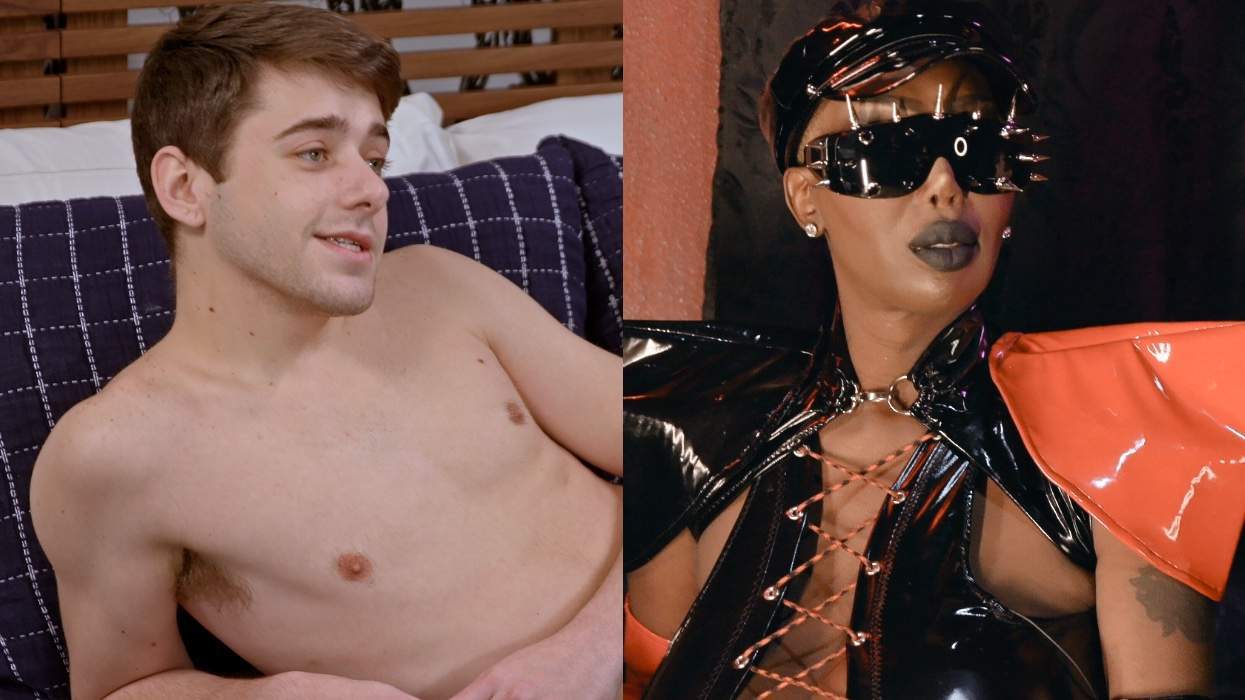

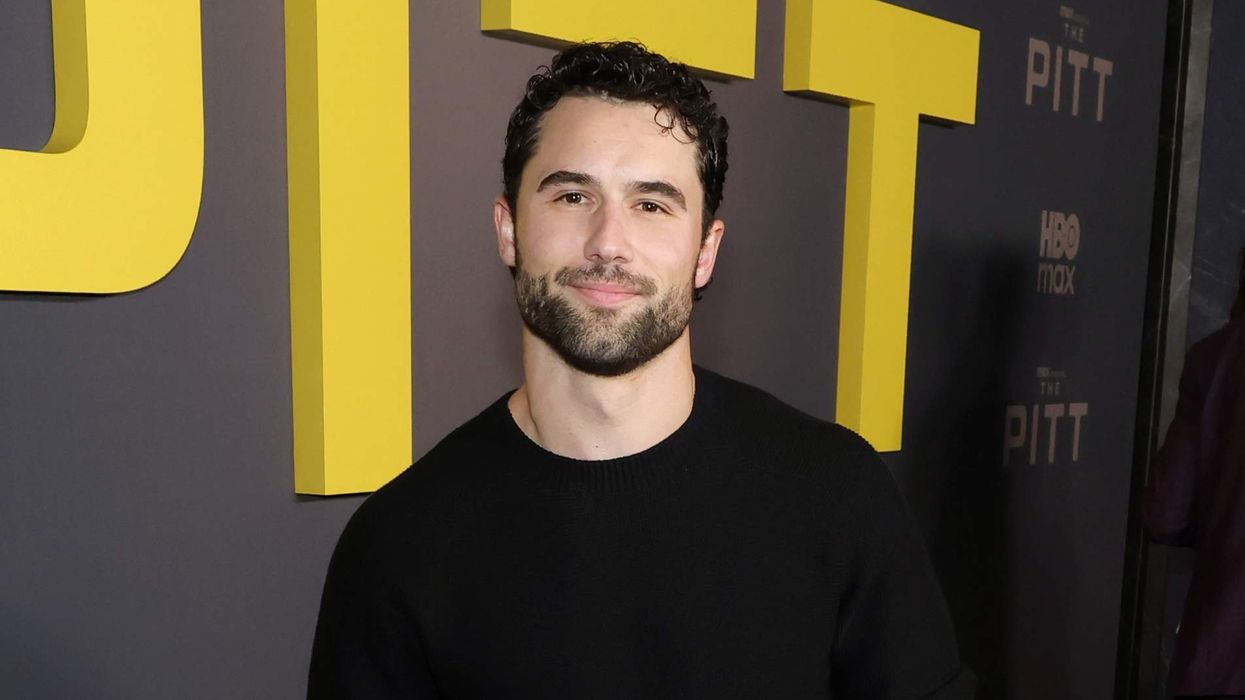
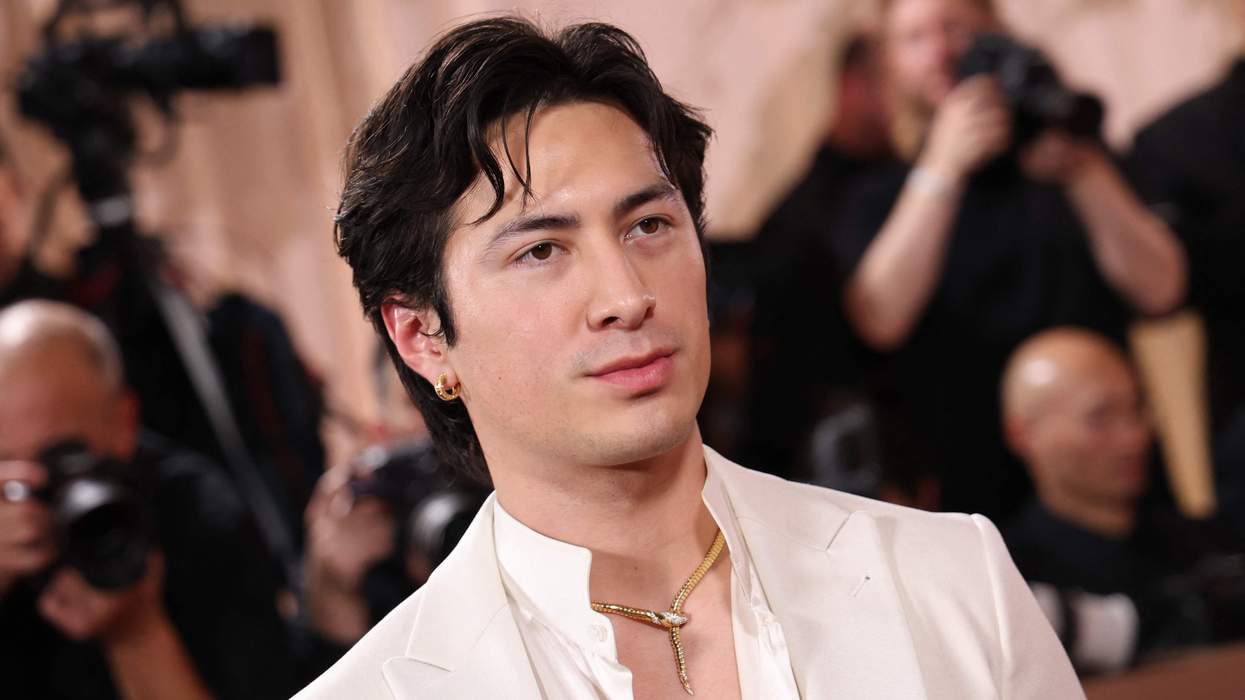

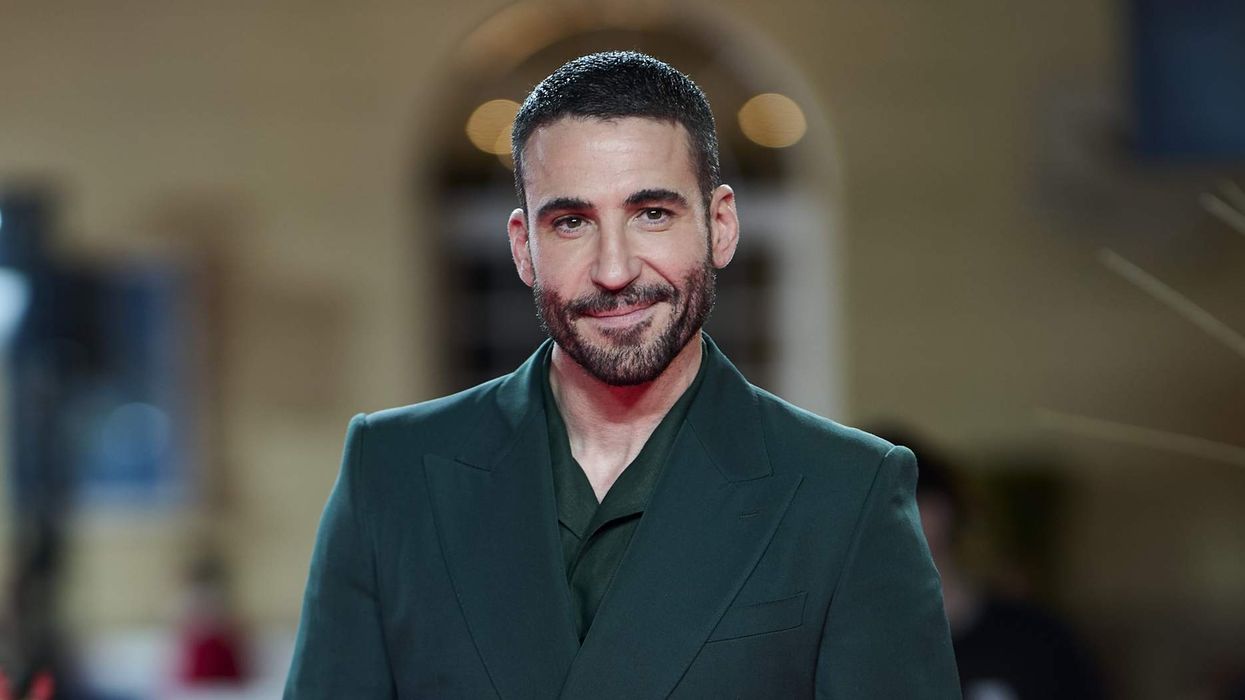





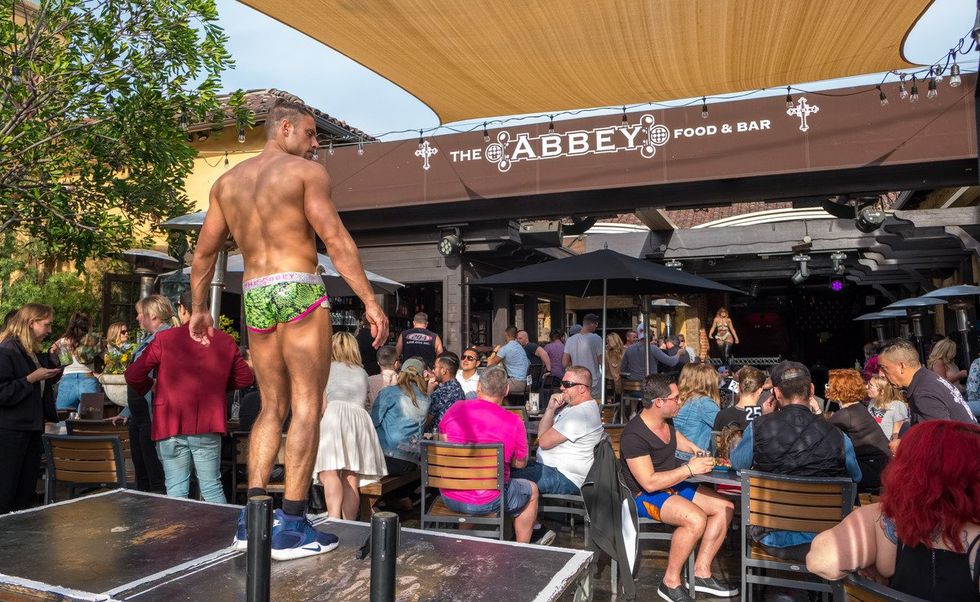
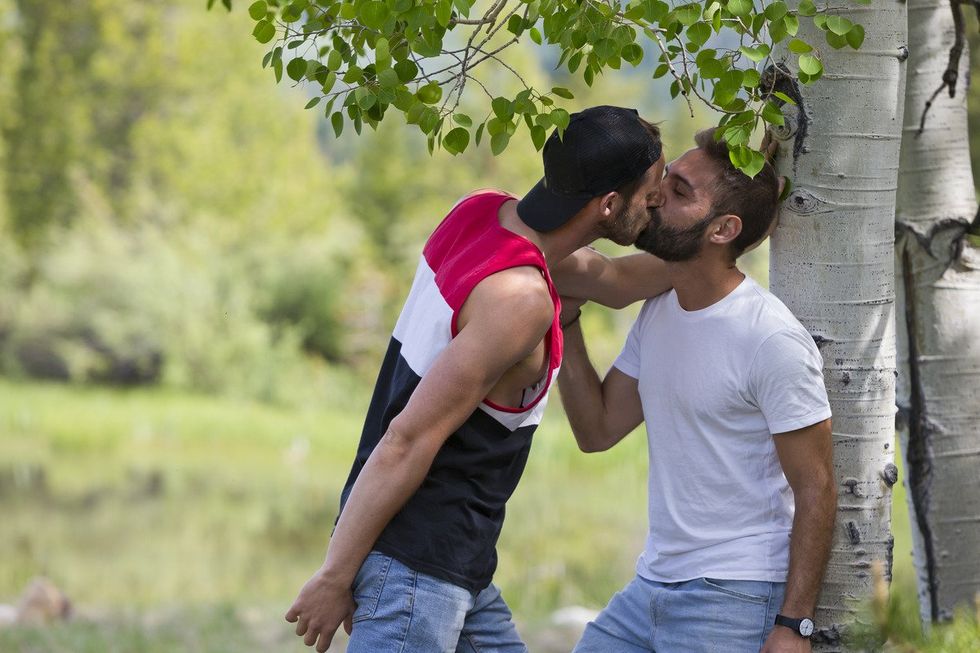


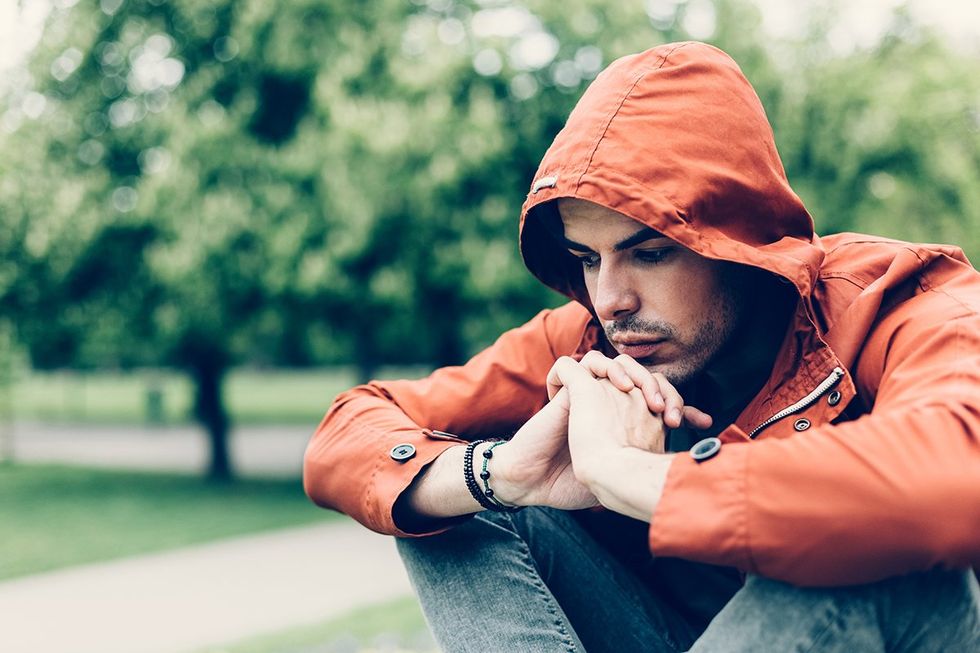

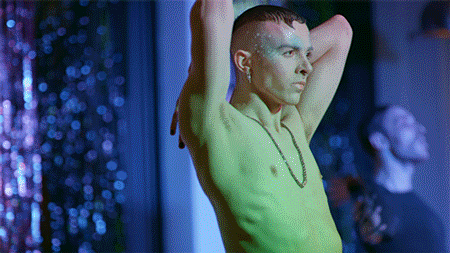 Strike A Pose Mic Drop GIF by FILMRISE - Find & Share on GIPHY
Strike A Pose Mic Drop GIF by FILMRISE - Find & Share on GIPHY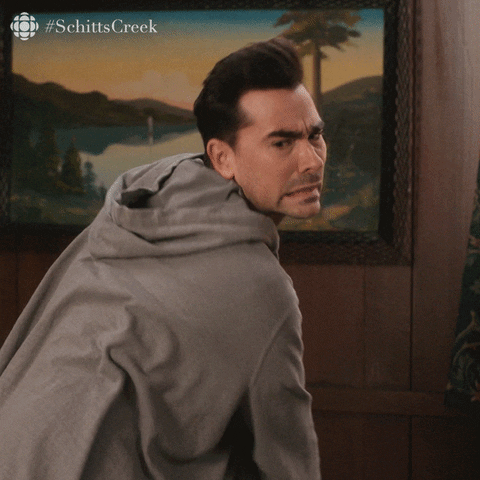 Schitts Creek No GIF by CBC - Find & Share on GIPHY
Schitts Creek No GIF by CBC - Find & Share on GIPHY